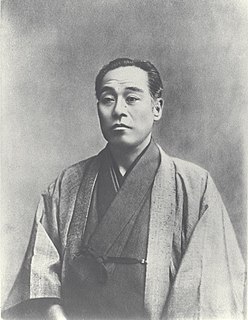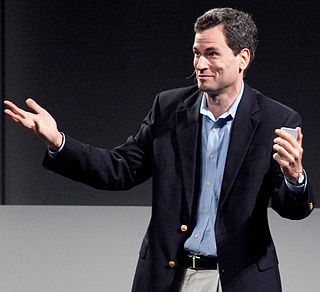A Quote by Benjamin Rush
There is but one method of rendering a republican form of government durable, and that is by disseminating the seeds of virtue and knowledge through every part of the state by means of proper places and modes of education and this can be done effectively only by the aid of the legislature.
Related Quotes
Let our pupil be taught that he does not belong to himself, but that he is public property ... He must be taught to amass wealth, but it must be only to increase his power of contributing to the wants and demands of the state... [Education] can be done effectually only by the interference and aid of the Legislature.
Some things the legislator must find ready to his hand in a state, others he must provide. And therefore we can only say: May our state be constituted in such a manner as to be blessed with the goods of which fortune disposes (for we acknowledge her power): whereas virtue and goodness in the state are not a matter of chance but the result of knowledge and purpose. A city can be virtuous only when the citizens who have a share in the government are virtuous, and in our state all the citizens share in the government.
Inasmuch as every family is a part of a state, and these relationships are the parts of a family, and the virtue of the part must have regard to the virtue of the whole, women and children must be trained by education with an eye to the constitution, if the virtues of either of them are supposed to make any difference in the virtues of the state. And they must make a difference: for the children grow up to be citizens, and half the free persons in a state are women.
The business of education has lay[ed] the foundations for nurseries of wise and good men, to adapt our modes of teaching to the peculiar form of our government . . . . He must be taught to love his fellow creatures in every part of the world, but he must cherish with a more intense and peculiar affection the citizens of Pennsylvania and of the United States.
In its broad sense, civilization means not only comfort in daily necessities but also the refining of knowledge and the cultivation of virtue so as to elevate human life to a higher plane... It refers to the attainment of both material well-being and the elevation of the human spirit, [but] since what produces man's well-being and refinement is knowledge and virtue, civilization ultimately means the progress of man's knowledge and virtue.
We should not value education as a means to prosperity, but prosperity as a means to education. Only then will our priorities be right. For education, unlike prosperity is an end in itself. .. power and influence come through the acquisition of useless knowledge. . . irrelevant subjects bring understanding of the human condition, by forcing the student to stand back from it.
In republican government the legislative authority necessarily predominates. The remedy for this . . . is to divide the legislature into different branches; and to render them by different modes of election, and different principles of action, as little connected with each other as the nature of their common functions, and their common dependence on the society, will admit.
Schools are, indeed, one important method of the transmission which forms the dispositions of the immature; but it is only one means, and, compared with other agencies, a relatively superficial means. Only as we have grasped the necessity of more fundamental and persistent modes of tuition can we make sure of placing the scholastic methods in their true context.
The regular distribution of power into distinct departments; the introduction of legislative balances and checks; the institution of courts composed of judges holding their offices during good behavior; the representation of the people in the legislature by deputies of their own election . . . They are means, and powerful means, by which the excellences of republican government may be retained and its imperfections lessened or avoided.
That which most contributes to the permanence of constitutions is the adaptation of education to the form of government, and yet in our own day this principle is universally neglected. The best laws, though sanctioned by every citizen of the state, will be of no avail unless the young are trained by habit and education in the spirit of the constitution.
Every one in the world ought to do the things for which he is specially adapted. It is the part of wisdom to recognize what each one of us is best fitted for, and it is the part of education to perfect and utilize such predispositions. Because education can direct and aid nature but can never transform her.
































